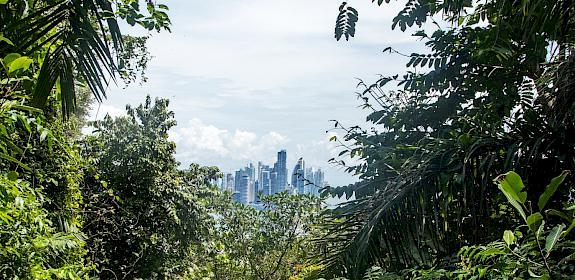Enhancing implementation of Malagasy wildlife legislation
Antananarivo, Madagascar, 12th November 2018—members of the Malagasy judiciary last month learned about their critical role in protecting the country’s remarkable biodiversity thanks to a meeting convened by the Ministry of Justice, TRAFFIC and WWF Madagascar with financial support from the United States Fish and Wildlife Service (USFWS).
Madagascar is home to a unique variety of species found nowhere else on earth, but despite protection under existing legislation, several species are illegally exploited.
Endemic Malagasy tortoises have been seized in their hundreds in Asia, while in April this year, authorities seized an astonishing 10,000 Radiated Tortoises Astrochelys radiata from a house in Toliara.
One of the factors contributing to illegal exploitation is weak implementation of the existing legislation. Although tortoises are protected, only around a fifth of those arrested for tortoise trafficking have been convicted. Many have been released without charge or because of a lack of knowledge about the relevant legislation.
This week’s meeting was held to help raise awareness of the current situation and the need to protect the island nation’s unique biodiversity.
“Building the capacity of key actors within the judiciary system should lead to more effective implementation of the existing legislation and crucially act as a strong deterrent to those robbing Madagascar of its natural heritage,” said Cynthia Ratsimbazafy who represented TRAFFIC at the meeting.
As part of ongoing efforts to capacity build within the judiciary, The National School of the Judiciary and Court Officers (NSJCO) intends to train 50 magistrates, police officers, gendarme, border police, custom officers, and environmental officers.
“It is time for law enforcement agencies, justice officers, BIANCO (the Independent Anti-Corruption Bureau), and environmental civil society organisations to adopt a new common vision regarding natural resource management, if we want to benefit our future generations,” said Rakotoarison Indriamanga, director of NSJCO.





